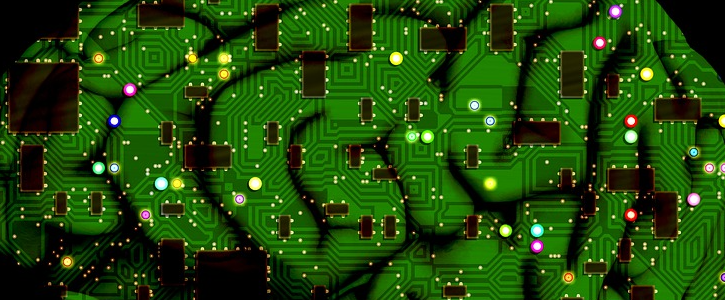AI Reduces Processing Time for Abnormal Chest X-rays
The average delay was reduced from over seven hours to just 43 minutes.

Artificial intelligence (AI) can reduce the time needed to process abnormal chest X-rays, cutting the average delay from 11 days to fewer than three, according to a study published in Radiology.
Using more than 470,000 fully anonymized institutional adult chest radiographs from 2007 to 2017, researchers from the Warwick Manufacturing Group at the University of Warwick and Guy’s and St. Thomas’ NHS Hospitals developed the AI system.
Free-text radiology reports were preprocessed using a natural language processing (NLP) system to prioritize whether the radiograph was critical, urgent, nonurgent or normal. An AI system for computer vision using two deep convolutional neural networks was trained by using labeled radiographs to predict the clinical priority in real-time.
Different data sets were used for training, learning testing.
Approximately 8 percent of the X-rays were critical, 40 percent were urgent, 26 percent were nonurgent and 26 percent were normal across the data sets.
The AI performance had a sensitivity of 71 percent, specificity of 95 percent, positive predictive value of 73 percent and a negative predictive value of 99 percent for normal radiographs. With critical radiographs, the AI had a sensitivity of 65 percent, a specificity of 94 percent, a positive predictive value of 61 percent and a negative predictive value of 99 percent.
While the AI performance was slightly lower for urgent findings, the NLP system showed high accuracy for normal and critical findings.
The NLP system had a sensitivity of 96 percent, specificity of 97 percent, positive predictive value of 84 percent and negative predictive value of 99 percent for critical findings. For normal radiographs, the system achieved a sensitivity of 98 percent, specificity of 99 percent, positive predictive value of 97 percent and negative predictive value of 99 percent.
The AI significantly reduced the average delays for the examinations reported as critical from between 11 to 18 days to about 3 to 12 days. The average delay was reduced from just over seven hours to 43 minutes.
With the system implemented, 85 percent of the examinations labeled as critical would have been reported within the first day, compared to 60 percent reported from the historical data.
Overall, the AI-based system detected abnormal from normal adult chest X-rays with a high positive predictive value of 94 percent, according to the study.
“Artificial intelligence-led reporting of imaging could be a valuable tool to improve department workflow and workforce efficiency,” said study lead Giovanni Montana, professor and chair in data science in the Warwick Manufacturing Group at the University of Warwick.
Get the best insights in healthcare analytics directly to your inbox.
Related
Will AI Replace the Radiologist?